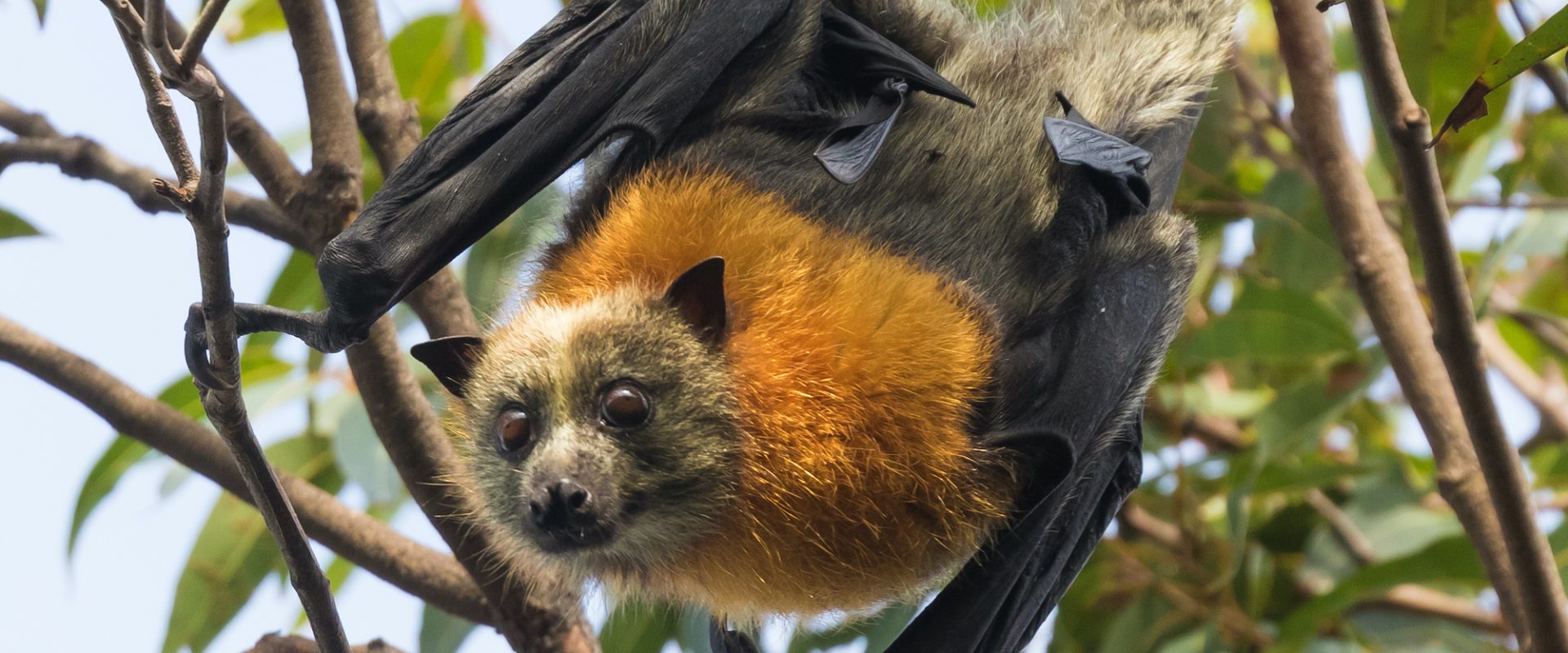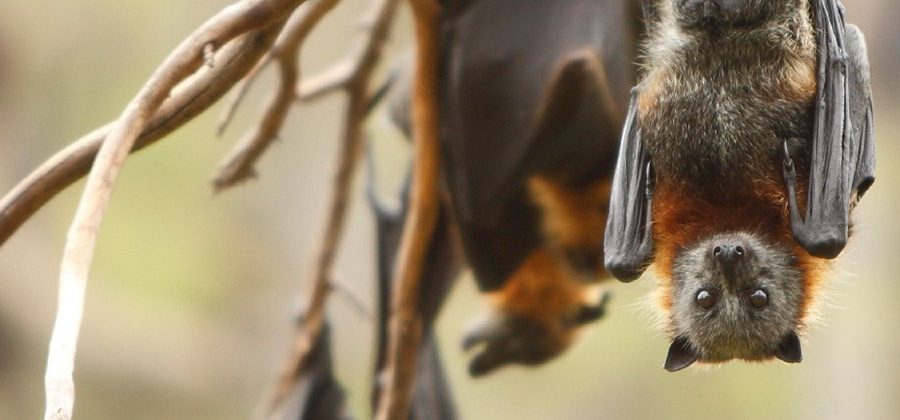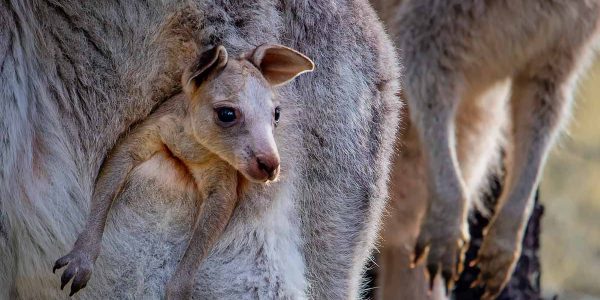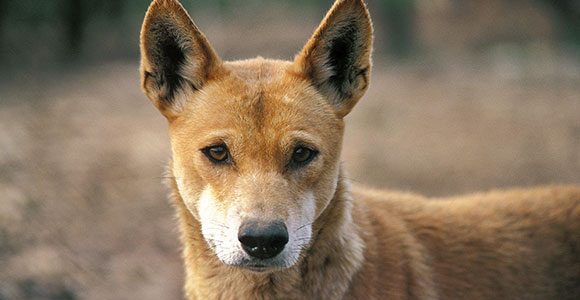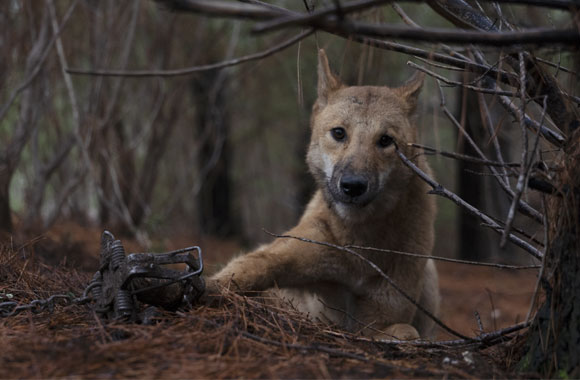Please help our precious wildlife by pledging to make your yard wildlife-friendly.
With more land being cleared for farming and urban development, safe habitat for wildlife is rapidly diminishing. On top of this, extreme weather events and the climate crisis are having a devastating impact on Australian animals’ homes and food sources.
Wildlife who do survive the fires, droughts, floods, and land clearing are hungry and may be looking for a home. Turning your backyard into a wildlife haven is an impactful way you can help.
By installing nesting boxes and planting native species of trees, flowers and shrubs, you can provide shelter and food for those who need it most. Providing safe access to drinking water, by leaving shallow dishes of fresh water in the shade and high up in trees if possible, can also spare animals from suffering heat stress or death.

